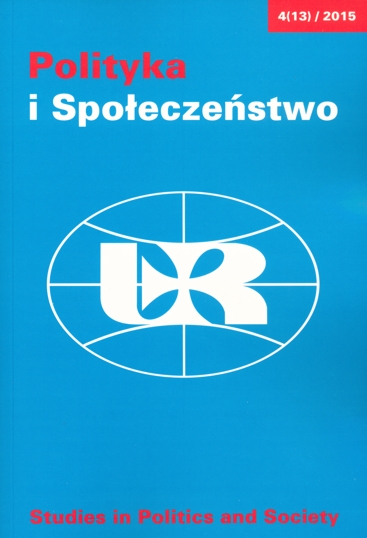Polityka państwa polskiego wobec roszczeń zagranicznych powstałych w wyniku nacjonalizacji przeprowadzonej po II wojnie światowej. Przykład dwustronnych umów odszkodowawczych
DOI:
https://doi.org/10.15584/polispol.2015.4.6Słowa kluczowe:
nationalization, indemnity agreements, compensationAbstrakt
This article takes up a topic rarely covered in Polish political science. During the period 1948–1971 the Polish Government signed 12 bilateral indemnity agreements with Western European states as well as the United States of America and Canada. These agreements applied to property and financial interests of foreign natural and legal persons that, following World War II, were nationalized in Poland. The Polish Government entered into these agreements mostly for economic (e.g. strengthening of export incl. hard coal, demand for capital) and political reasons (threat of international isolation). Based on these agreements, the Polish Government transferred to the governments of foreign states lumpsum compensations to settle their claims. Countries which entered into these agreements with Poland assumed full responsibility for setting up claiming procedure as well as for the payment of compensation to their citizens. Thanks to indemnification agreements Poland is released from any obligation under international law for the nationalization of property and financial interests that belonged to foreign citizens of these countries.Pobrania
Opublikowane
2021-04-21
Jak cytować
Andrzejczyk, R. (2021). Polityka państwa polskiego wobec roszczeń zagranicznych powstałych w wyniku nacjonalizacji przeprowadzonej po II wojnie światowej. Przykład dwustronnych umów odszkodowawczych. Polityka i Społeczeństwo, 13(4), 86–103. https://doi.org/10.15584/polispol.2015.4.6
Numer
Dział
Artykuły
Licencja

Utwór dostępny jest na licencji Creative Commons Uznanie autorstwa – Na tych samych warunkach 4.0 Miedzynarodowe.


